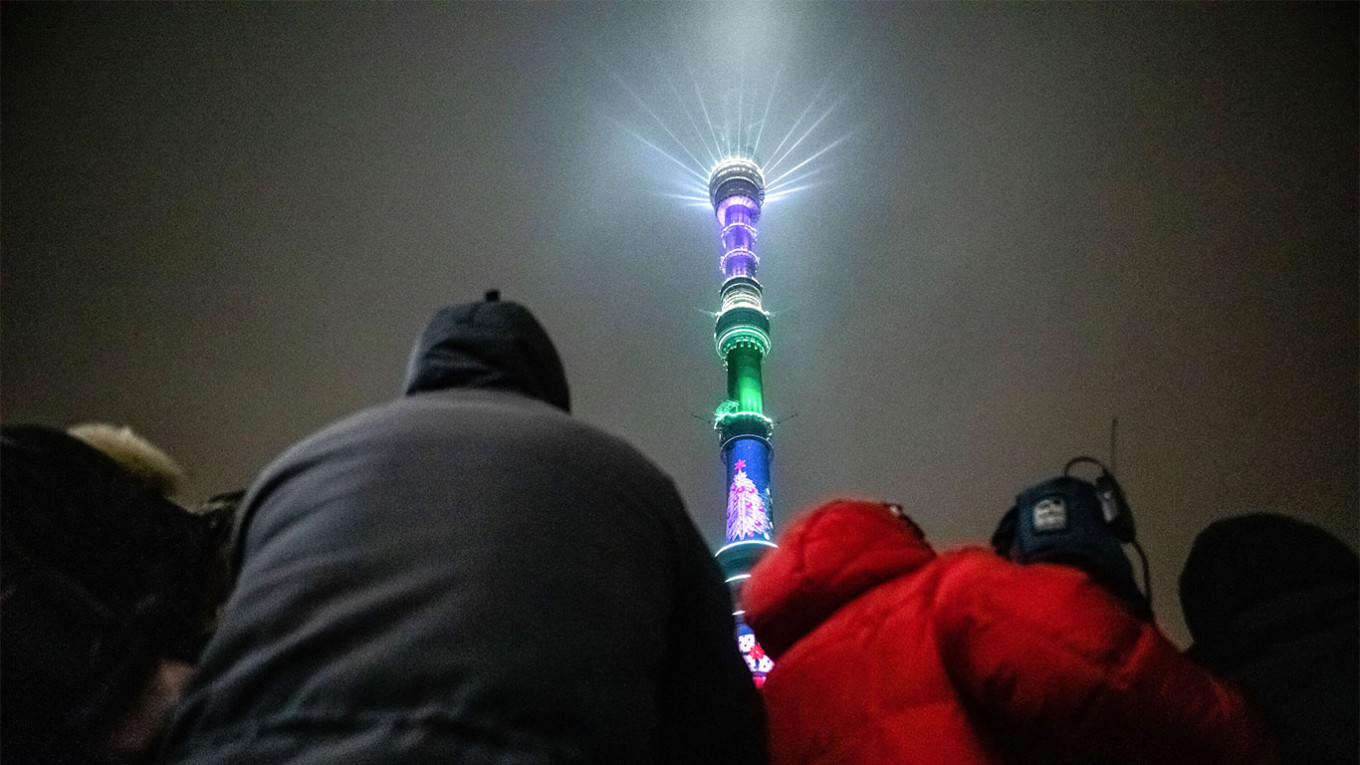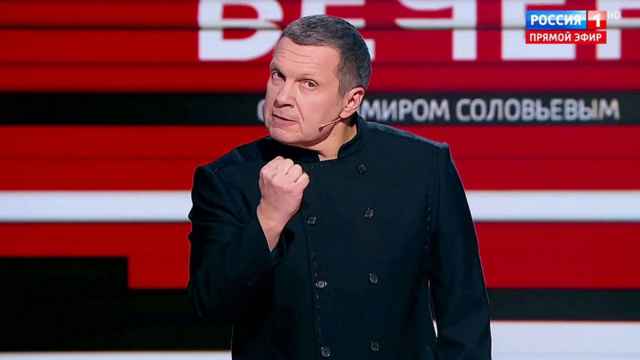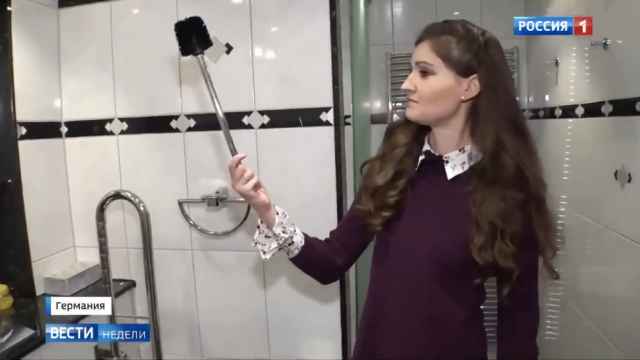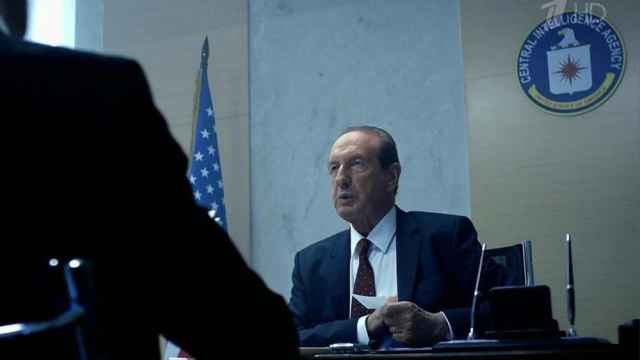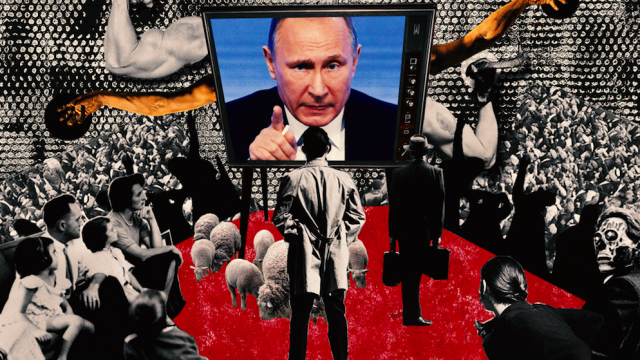Russian state media has largely avoided giving airtime to the news of Kremlin foe Alexei Navalny’s death in an Arctic prison.
While Navalny’s death on Friday dominated global headlines, Russian state television limited its coverage to brief news segments — or airing statements that Moscow did not benefit from Navalny’s death and speculation about its timing.
Here’s an overview of the coverage surrounding Navalny and his death:
Channel One
Channel One — like Rossiya 1 — aired the news about Navalny’s death nearly one hour after it was reported by Russia’s prison service, the BBC said.
During its evening news bulletin, a Channel One news presenter reported that Navalny “felt unwell after a walk and lost consciousness,” adding that “doctors immediately came to the rescue” and that “all necessary resuscitation measures were carried out, but it was not possible to save him.”
The channel did not provide any information about Navalny's career as an opposition politician or the reasons for his imprisonment.
Rossiya 24
During Dmitry Kiselyov's Sunday evening program Vesti Nedeli (Weekly News), Navalny’s death was briefly mentioned during a segment about the Munich Security conference.
“Just in time for the start of the conference, news arrived from the Far North of Russia,” a correspondent said, referring to the Munich Security Conference where Navalny’s widow, Yulia Navalnaya, spoke shortly after his death was announced.
While raising questions about the presence of Navalnya, who “was not included in the list of conference participants,” the correspondent also said that Russia does not benefit from the politician’s death.
“Without waiting for the investigation results, she blamed the Russian authorities for what happened, and the rest did the same thing, without even thinking for a second about the question — why does Russia need this? Especially on the opening day of the Munich conference,” the correspondent said.
“What could be better for whipping up accusatory pathos than the sudden death of the main critic of the Kremlin, as the deceased was called in the European press?” he added.
Rossiya 1
While pro-Kremlin anchor Vladimir Solovyov also linked the timing of Navalny’s death to the Munich Security Conference, the editor-in-chief of the Kremlin-funded broadcaster RT, Margarita Simonyan, took aim at his widow.
“Two hours after the news of her husband’s death, the wife emerged wearing makeup…not even the mascara had run... [She’s] smiling and speaking at the press conference,” Simonyan said on air.
“For me, this suggests that at least this woman did not love her husband very much, but press conferences with the authorities and everything connected with it — [she loves] very much," Simonyan added.
NTV
Nikolai Rybakov, chairman of the liberal Yabloko party, expressed his condolences to Navalny’s family on air, adding that he hoped his death “ensures that political prisoners will be released.”
“I can't help but express my condolences,” Rybakov said during a talk show, but he was quickly interrupted by the program’s host.
A Message from The Moscow Times:
Dear readers,
We are facing unprecedented challenges. Russia's Prosecutor General's Office has designated The Moscow Times as an "undesirable" organization, criminalizing our work and putting our staff at risk of prosecution. This follows our earlier unjust labeling as a "foreign agent."
These actions are direct attempts to silence independent journalism in Russia. The authorities claim our work "discredits the decisions of the Russian leadership." We see things differently: we strive to provide accurate, unbiased reporting on Russia.
We, the journalists of The Moscow Times, refuse to be silenced. But to continue our work, we need your help.
Your support, no matter how small, makes a world of difference. If you can, please support us monthly starting from just $2. It's quick to set up, and every contribution makes a significant impact.
By supporting The Moscow Times, you're defending open, independent journalism in the face of repression. Thank you for standing with us.
Remind me later.


